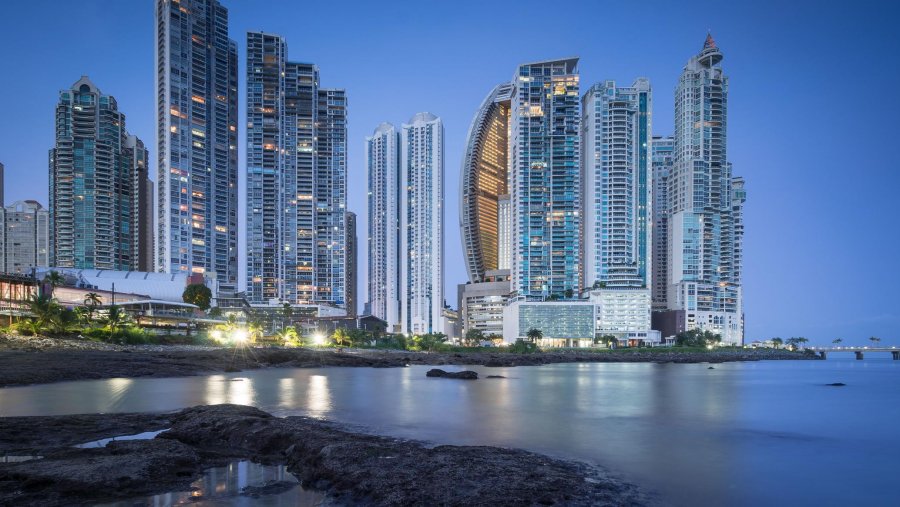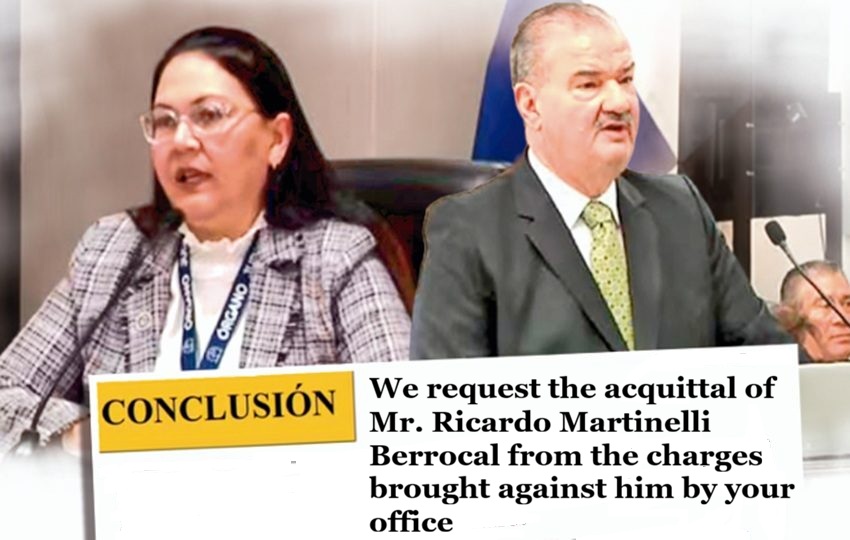WORLD VIEW: Trump and Islam

By Jonathan Power
AN ABIDING FEAR for Donald Trump is that the Middle East dictators’ successors in power will be militant Islamists who once elected will stop at nothing.
At one time in the presidential campaign he threatened to “nuke” them. Even though the secular-minded President Bashar al-Assad appears to be winning the civil war in Syria the Islamists will sit on his tail.
Violent-inclined Islamists point to the Koran and the Hadith to justify their violence. Indeed, there are sentences in both that are close to their interpretation.
Even though they may hype up these passages and ignore other more peaceful ones the truth is that Islam does have a tradition of the hard school. Nevertheless, the overwhelming majority of Muslims today don’t subscribe to it.
Harvard professor, Steven Pinker, writes in his monumental study of violence, The Better Angels Of Our Nature“: “The laws and many practices of many Muslim countries seemed to have missed out on the Humanitarian Revolution”.
According to Amnesty International three-quarters of Muslim countries execute their criminals and adultery can be a capital crime.
Every year more than a hundred million girls in Islamic countries have their genitals mutilated. Islamic countries were the last to abolish slavery and a majority of countries in which people continue to be trafficked are Muslim. (However, to balance that, the murder and crime rate today in Muslim countries is much lower than in so-called Christian countries.)
Sharía law
Historians and journalists continually point a finger at the demands and punishments of Shar’ia law.
The Koran has passages that are bellicose and Islam from the beginning was a warrior religion, contravening the message of earlier religions, Christianity, Buddhism and Confucianism.
Critics also point out that Islam, once far ahead in science, medicine, astronomy, mathematics and architecture, blew its lead when it rejected the new European constructs of the Age of Reason and the Enlightenment.
Only recently have some Islamic states distinguished between the secular and the sacred.
In his big selling book the Harvard political scientist, Samuel Huntington, wrote that, “In Eurasia the great historic fault lines between civilizations are once more aflame.
This is particularly true along the boundaries of the crescent-shaped Islamic bloc of nations, from the bulge of Africa to Central Asia”
But what is overlooked by such critics is that these are in most cases minority movements of fervent Islamists (and that includes Al Qaeda and ISIS) and their violence is rejected by an overwhelming majority.
Indeed Islam is liberalizing and has been loosening its strictures for a very long time.
A team from the University of Maryland examined the goals of 102 Muslim organizations in North Africa and the Middle East and found that between 1985 and 2004 the proportion of organizations that endorsed violence dropped from 54% to 14%. The proportion committed to non-violent protests tripled and the proportion engaged in electoral politics doubled. The Arab Spring, as it blossomed in Tunisia, Egypt, Oman, Jordan, Yemen and Morocco, even though in most cases it failed, was largely non-violent.
If we go further back in history there is much that is positive that Western observers either ignore or are ignorant of.
Recall Saladin’s conquest of Jerusalem in 1187. For the next 700 years Jerusalem remained under Muslim rule. The churches were open and the Jews were given funds to rebuild their synagogues.
This was in marked contrast to the way the Crusaders had ruled Jerusalem before when Muslims and Jews were mainly forbidden from living within the city walls.
Likewise, from the fifteenth century on, when the majority of Arabs lived under Ottoman rule, for its five hundred years of life Christians and Jews were recognized and protected.
Many of the Jews who were expelled by Christian Spain were granted refuge in the Ottoman Empire. Likewise German, French and Czech Protestants fleeing Catholic persecution were given protection.
We should also note that the kind of cruel punishment meted out in some Muslim countries has decreased quite sharply.
As the late Umaru Yar A’dua, the Muslim president of Nigeria, told me when there were threats of the execution of a young woman accused of adultery, “Shar’ia law is open to wide interpretation. Moreover, three witnesses to her alleged crime are required and that is not possible in real life.”
Democratic countries
Today Muslim countries as varied as Nigeria, Turkey, Indonesia, Pakistan, Bangladesh, Tunisia, Malaysia and Senegal (and include the 160 million Muslims in India) are democratic and Jordan, Oman and Morocco might well be on the way to being so.
When I look at Islam I conclude that we have nothing to fear but fear itself. It certainly has a less cruel and violent history than post-Constantine Christianity.
Left to themselves Muslims will be compelled to deal with the militants without the need for outside intervention or military aid.
William Pfaff, foreign affairs columnist for The International Herald Tribune, wrote in Prospect magazine, the UK’s leading intellectual monthly, about Jonathan Power’s book “Conundrums of Humanity- The Big Foreign Policy Questions of Our Day”: “His is a powerful and comprehensive statement of ways to make the world better. Is that worth the Nobel Prize? I say, why not?””





